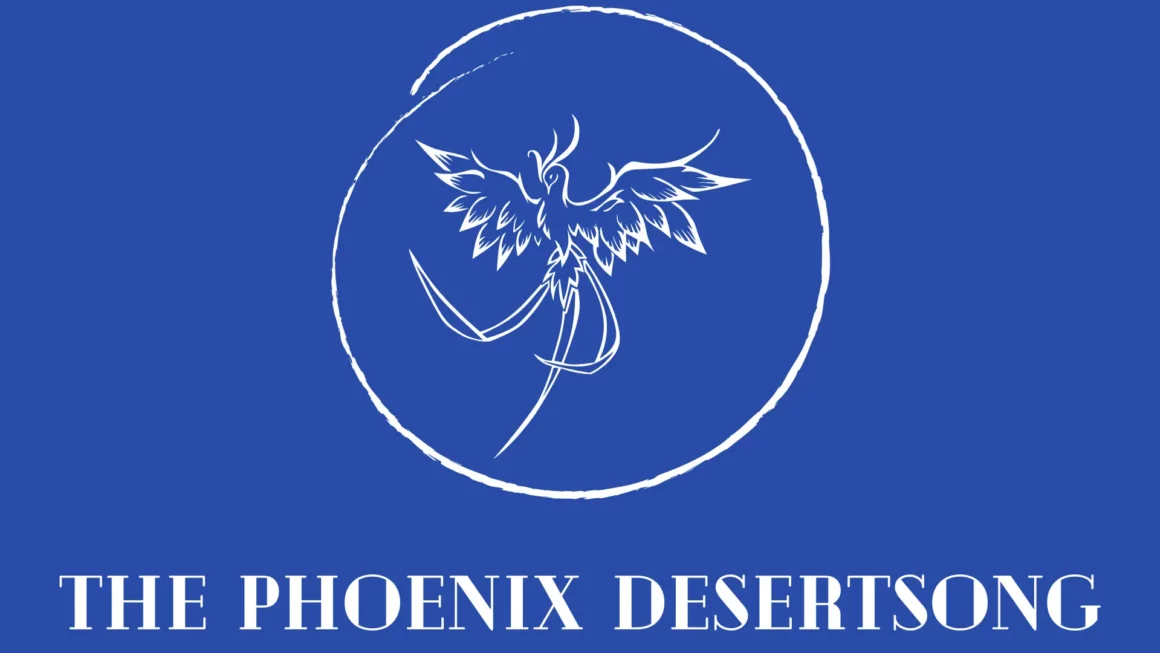Human history is made up of a vibrant cavalcade of ideas, like an undulating river transporting us to the shores of enlightenment and the caverns of ignorance in equal measure.These ideas, molded in time and tempered by circumstance, have shaped the contours of our collective story as they evolve and transform with each passing year. Amateur and professional historians alike leave no stone unturned in our relentless pursuit of truth and understanding the essence and origins of these ideas: foundational, theoretical, or abstract.
Millennia ago in the hallowed halls of ancient Greece, the seeds of philosophy took root, flourishing into a mesmerizing garden of critical thought.Socrates, Plato, and Aristotle comprised the illustrious Socratic triad, beguiling the minds of eager listeners with their ethereal notions of virtue, metaphysics, and the art of dialectics.
Even in these ancient times, these intellectual giants were not alone. Elsewhere in the world, the venerated Laozi whispered profound wisdom through the pages of the Tao Te Ching. Meanwhile, the enigmatic Buddha meditated beneath the Bodhi tree, unlocking the secrets of suffering and a path to enlightenment.
As the sun set on antiquity, the dawn of the Middle Ages gave rise to an era of dogma and faith. Religious fervor swept across the land, and the lofty ideas of yore were tempered by theological doctrines. This was an epoch of celestial hierarchies and the divine right of kings, for better or worse. Yet, even in these shadowy times, the flickering embers of inquiry and reason continued to smolder, as luminaries like Thomas Aquinas and Al-Farabi attempted to reconcile the wisdom of antiquity with the tenets of faith.
As the pendulum of history swung onwards, the Renaissance heralded a resplendent reawakening of the human spirit. Art, science, and philosophy flourished as the ghosts of Greek and Roman thought stirred once more. The celestial spheres, once thought immutable and divine, were unmasked by the revolutionary ideas of Copernicus and Galileo, both daring to suggest that the Earth was never the center of the cosmos. Meanwhile, minds were illuminated by the indomitable will of the Enlightenment philosophers, who grappled with the nature of knowledge, human rights, and the role of the state.
By this point, the march of progress continued unabated, as the Industrial Revolution steamed forth, carrying with it unprecedented prosperity and dramatic social upheaval.Darwin’s theory of evolution and the tenets of capitalism emerged as titanic forces which would shape the very fabric of what we know in the 21st century as modern society.Still, even amidst the din of steam engines, the Romantic movement bloomed like roses amidst the cogs and gears of progress, championing the beauty of nature and the power of human emotion.
In the turbulent currents of the 20th century, the once-sacred pillars of knowledge were shaken to their core. The quiet musings of Einstein and the fervent passions of the suffragettes cracked open the doors to new possibilities. Humanity wrestled with the shadows of war and both the promises and dangers of technological marvels. The relentless pace of change rapidly rendered old ideas obsolete. Both the horrifying destructive power of the atom bomb and the connective powers of the digital revolution would emerge, and soon the entire world pivoted on the axis of uncertainty and hope.
Through the shifting sands of time, even a cursory journey through history reveals a dazzling mosaic of ideas, always evolving, a testament to the goods and ills of human endeavors. Peering through the lens of history allows us to see the contours of humanity’s collective story. enriched and enlivened by the realms of thought that have shaped our past and will continue to impact how we choose to chart our own futures.

